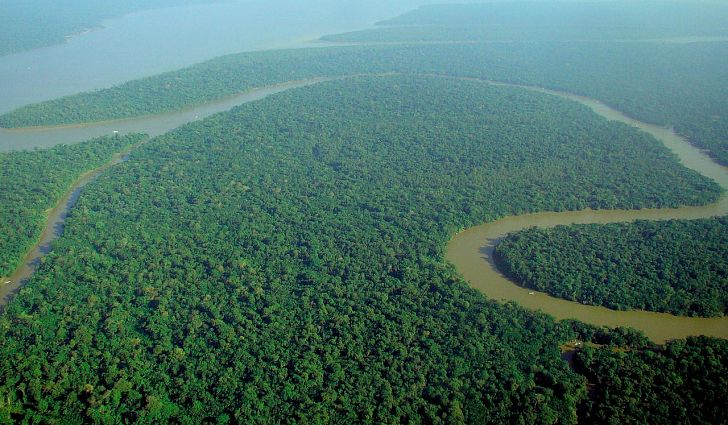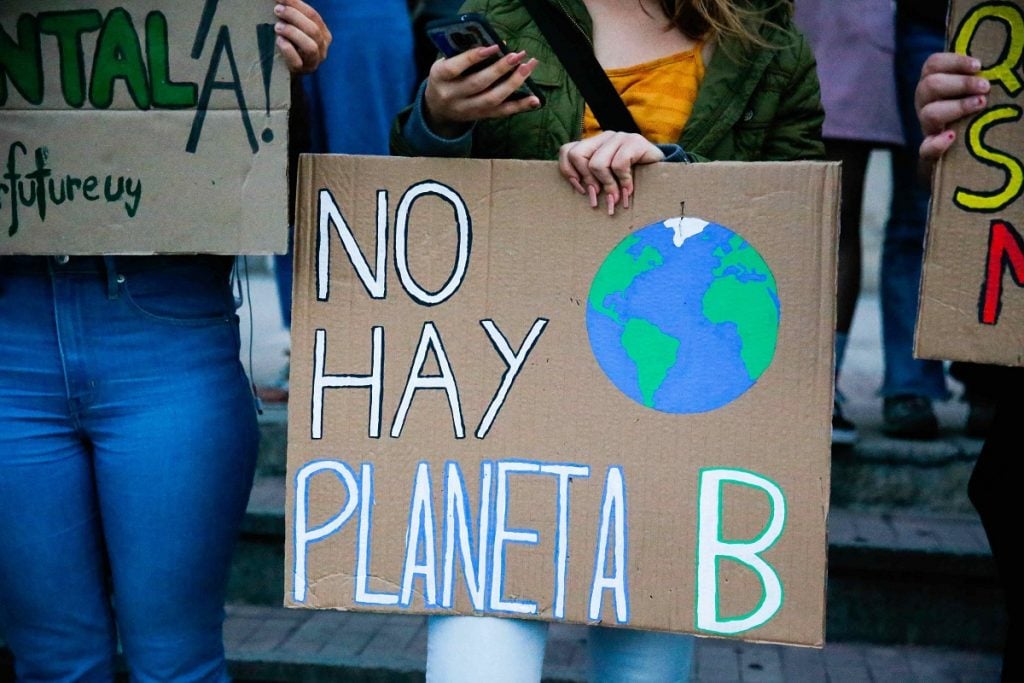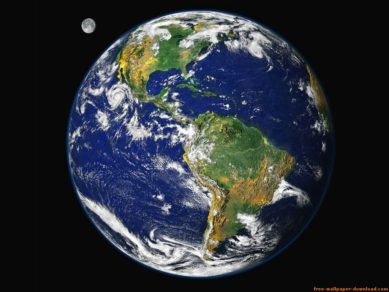Original article: Planeta Tierra cruzó su primer punto de no retorno climático: Piden acciones urgentes en la COP30
As the world gears up for COP30 on climate change, set to take place in Brazil in November 2025, a new report from WWF along with other organizations has summarized the latest research on critical thresholds in the Earth’s system, both positive and negative, in the «Global Report on Tipping Points 2025».
A total of 160 authors from 23 countries and 87 institutions contributed to the document, which warns about the imminent loss of tropical coral reefs. These ecosystems, relied upon by nearly one billion people and representing a quarter of marine life, are reaching a point of no return.
According to the report, coral degradation is already widespread. Unless global warming is curtailed, major reefs will vanish as we know them. However, some refuge areas could survive if they are effectively protected from threats like overfishing and pollution.
The authors caution that the planet is rapidly approaching other ecological limits that could have devastating consequences for humanity and ecosystems. Among these are the irreversible melting of polar ice caps, critical degradation of the Amazon rainforest, and the collapse of key ocean currents that regulate global climate.
With warming about to exceed 1.5 °C, researchers emphasize that every fraction of a degree and every year beyond this threshold matters. Limiting the so-called overshoot (the temporary exceeding of this limit) is essential to prevent a cascade of collapses in natural systems.
«We are rapidly approaching multiple tipping points that could transform our world, with devastating consequences for people and nature. This demands unprecedented action from leaders at COP30 and policymakers around the globe,» stated Professor Tim Lenton from the Global Systems Institute at the University of Exeter.
Dr. Mike Barrett, WWF’s Chief Scientific Advisor and co-author of the report, described the findings as incredibly alarming: «That coral reefs are surpassing their thermal survival threshold is a tragedy for nature and the communities that depend on them. If we do not act decisively now, we will also lose the Amazon rainforest, ice sheets, and vital ocean currents. In that scenario, we would face a truly catastrophic outcome for all humanity.»
Barrett further emphasized that solutions exist and are within reach, but require political courage and leadership to be realized.
Ricardo Bosshard, director of WWF Chile, highlighted that «the fact that we are already surpassing some climate tipping points reflects the severity of the global crisis, with particular risks for Chile and Latin America, one of the most vulnerable regions. The impacts of climate change are already affecting community well-being and threatening key ecosystems.»
He added, «We believe that COP30 in Brazil is a decisive opportunity for the region to accelerate ambitious climate action, especially in adaptation, with adequate financing and improved territorial coordination. Adapting is an urgent necessity today, and strengthening the resilience of territories can save lives, protect biodiversity, and advance towards equitable and sustainable development.»
Opportunities for a Positive Vision
The report highlights that these planetary thresholds represent a distinct threat compared to other environmental challenges due to their abrupt and irreversible nature.
It also warns that current international governance structures are ill-equipped to tackle these risks, necessitating a deep reform of global policies and the incorporation of these impacts into adaptation strategies, loss and damage mechanisms, and human rights policies.
However, the publication also offers a hopeful outlook: the so-called «positive tipping points,» which can trigger self-propelling transformations towards sustainability.
«Some are already underway, such as the expansion of solar and wind energy, or the massive adoption of electric vehicles and heat pumps in major markets. These transitions can be accelerated if governments act coherently on ‘leverage points’: sectors where a single policy can create multiplier effects in areas such as energy, transportation, and heating,» WWF stated.
The report also underscores Brazil’s potential, as host of COP30, to lead new positive tipping points in industrial sectors like green steel, hydrogen, and ammonia, and to restore nature through sustainable production and consumption models.
«Only with a combination of decisive policies and civil society action can we change the trajectory of the world: from facing existential risks to seizing opportunities for positive transformation,» concluded Professor Tim Lenton.

In this regard, the included case studies show that the risk of collapse already affects other major natural systems. The Amazon could enter a process of irreversible degradation with a temperature increase as low as 1.5 °C, due to the combined effects of climate crisis and deforestation. This ecosystem, relied upon by over 100 million people, could be saved through inclusive governance, recognition of indigenous knowledge, and increased investment in restoration.
The Atlantic Meridional Overturning Circulation (AMOC), a significant ocean current that regulates the climate of the North Atlantic, could collapse even before reaching 2 °C of warming, resulting in colder winters in Europe, disruptions to monsoons in Africa and India, and a decrease in global agricultural productivity.
The presidency of COP30 in Brazil is collaborating with the University of Exeter and other scientific partners to incorporate these findings into the Action Agenda for the summit in November.
The report concludes that the future of the planet depends on activating a cascade of positive changes as soon as possible, which requires bold policies, international cooperation, and civil participation to transform the economic and social system towards a low-carbon and climate-resilient model.

The Citizen

